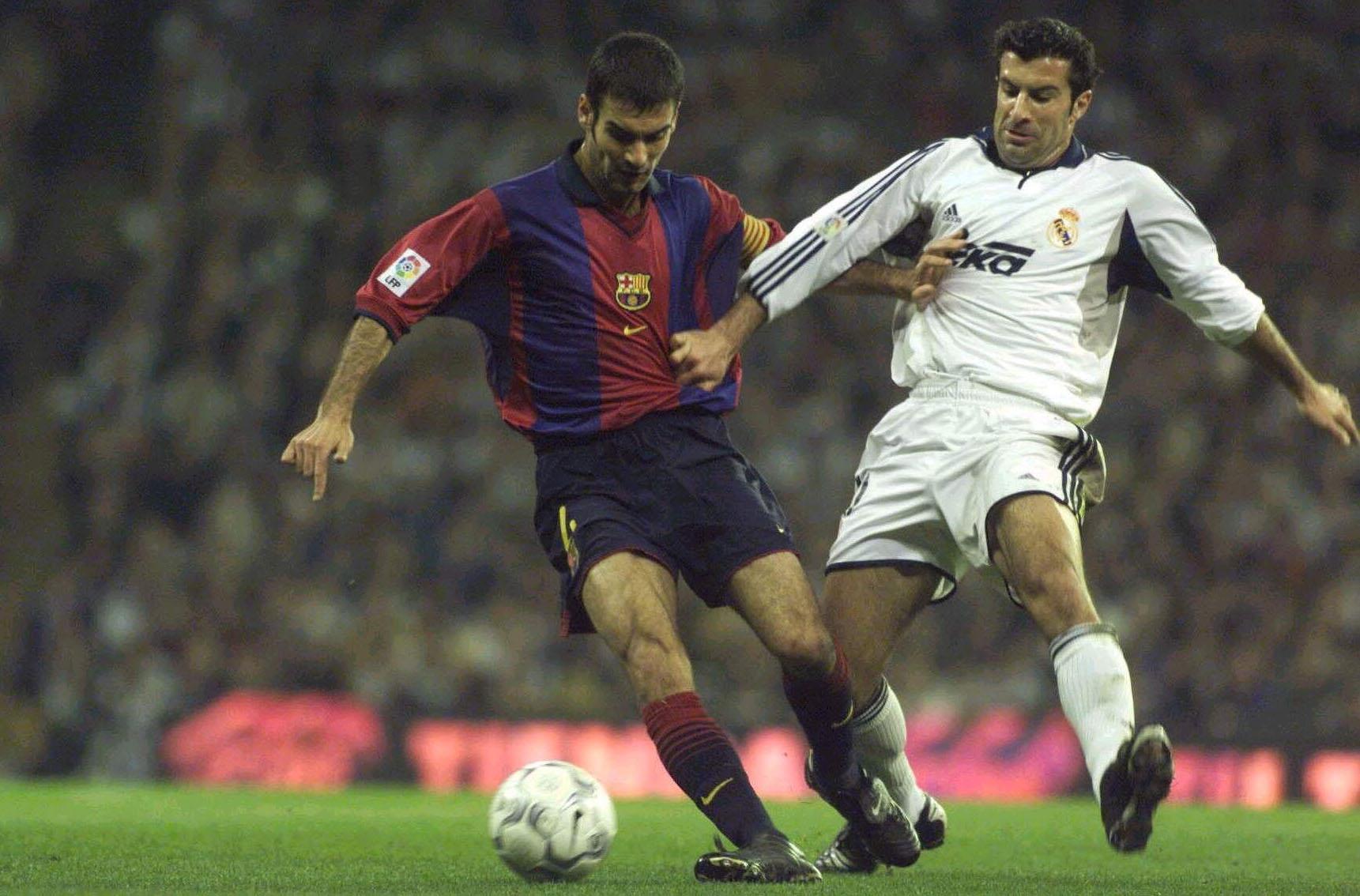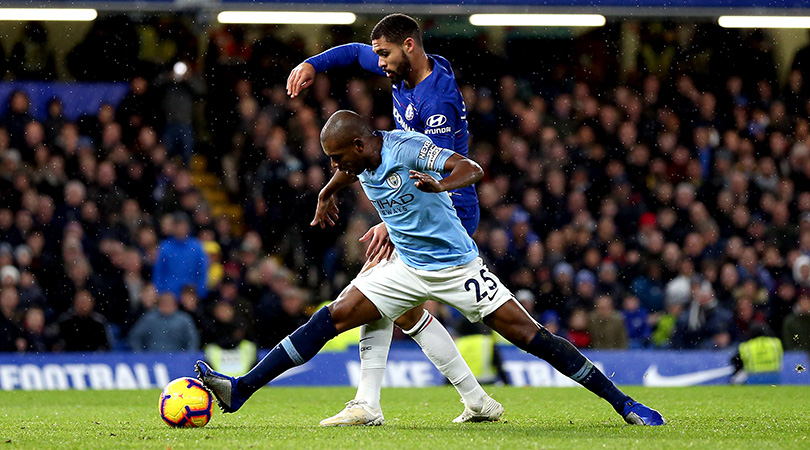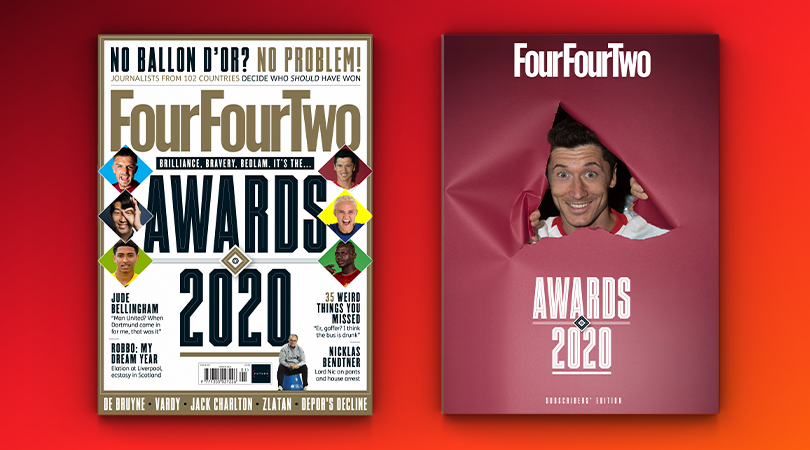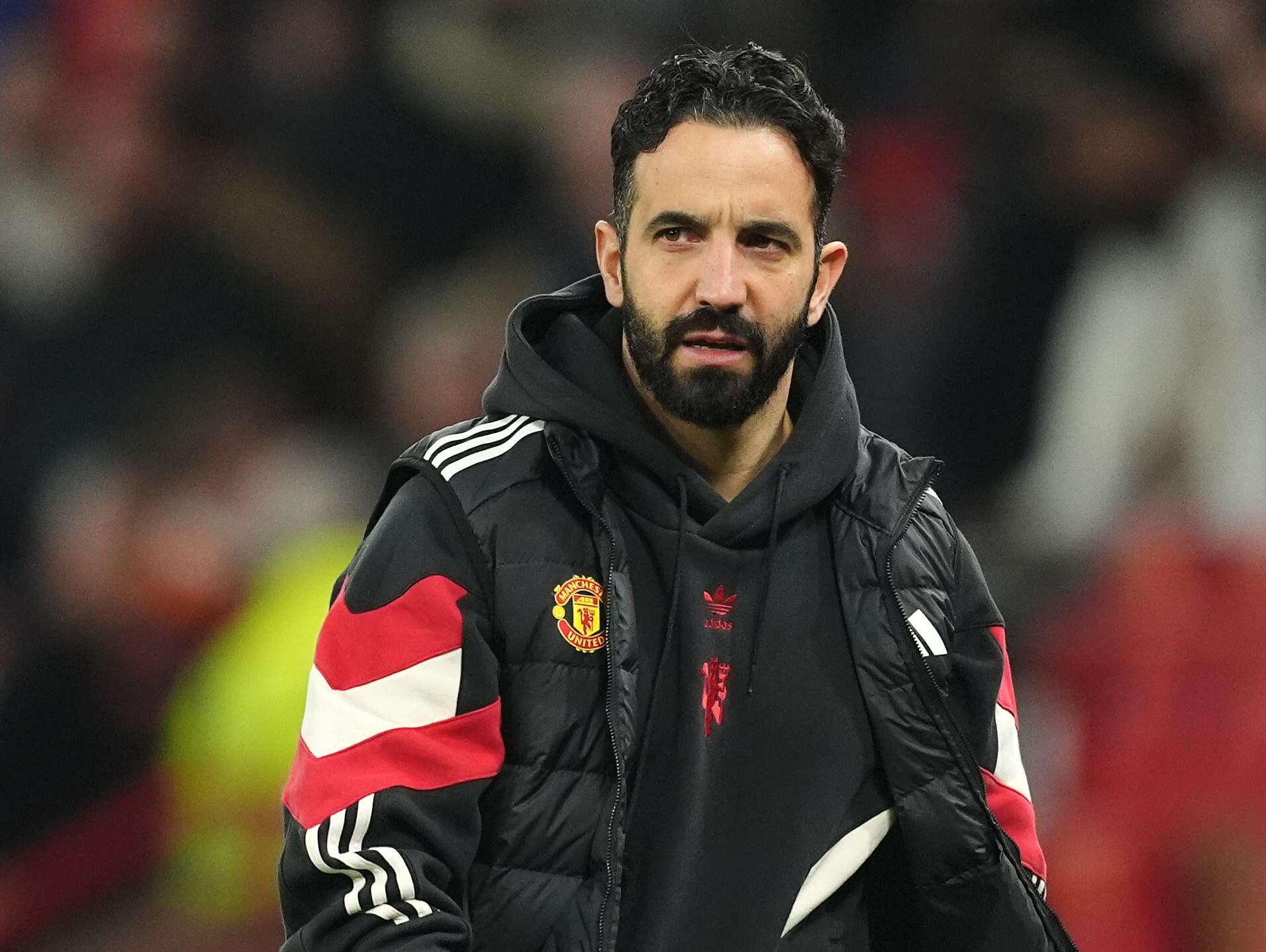Pep Guardiola was a world class defensive midfielder – so why can't he buy them?
Pep Guardiola's attempts to replace Fernandinho, who was bought before his Manchester City tenure, have so far proved fruitless

Three decades ago, Johan Cruyff identified a teenage defensive midfielder who was, in his own words, “slower than my granny.” He put him in Barcelona’s first team and, at the end of his second season as a regular, Pep Guardiola was a European Cup winner.
One rookie went on to trust another in his position. Guardiola’s first La Liga game in charge of Barcelona at the Nou Camp brought a maiden start for Sergio Busquets. At the end of that campaign, he, too, was a Champions League winner.
Guardiola is indelibly associated with the false nine; that is, in part, Lionel Messi’s fault. But after that, no position defines him as much as the defensive midfielder, the role he occupied for a decade and a half, the spot he deems so important that he reinvented Philipp Lahm, the world’s best full-back, to occupy it.
And yet Saturday’s Manchester derby underlines an issue: for a connoisseur of defensive midfielders, Guardiola may not be very good at recruiting them. He has had successes: Xabi Alonso at Bayern Munich and Javier Mascherano at Barcelona, though only after the Argentinian was converted to a centre-back. He spent four consecutive transfer windows at Manchester City looking for Fernandinho’s replacement. This weekend could pit the man he considered buying, in Fred, against one he did, in Rodri.

Each feels an imperfect fit. Fred, who City targeted in January 2018 and opted not to buy before Manchester United picked him the same year, has not justified a status among the most expensive players in their history. He was culpable for their Champions League exit, with his red card against Paris Saint-Germain. Marginalised by Jose Mourinho, he has been more of a mainstay under Ole Gunnar Solskjaer without really resembling Lahm or Busquets.
But it is notable his semi-renaissance has always been as a sidekick, as the second defensive midfielder, partnering Nemanja Matic or Scott McTominay, and never in the sole holding role Guardiola prefers. He is not trusted as the lone man to cut out the counter-attacks.
And that is Rodri’s greatest problem. He figures near the top of the charts for pass completion and passes per game but he can be too slow on the turn, too late to spot danger. He is a reason why many of City’s defeats in the last 15 months have had a similar pattern as they are caught on the break. Ilkay Gundogan, another Guardiola signing, is a more extreme example: outstanding on the ball, ineffectual off it.
Get FourFourTwo Newsletter
The best features, fun and footballing quizzes, straight to your inbox every week.
They are defensive midfielders without the defensive aspects, lacking Fernandinho’s athleticism, awareness and, rival managers might say, cynicism when it came to committing tactical fouls when his team-mates are stranded upfield. The flaw in Guardiola’s thinking may be that he puts too much emphasis on the constructive and not enough on the destructive. One who got away illustrates the issue: City wanted Jorginho in 2018, but a pure passer has lost his place at Chelsea. N’Golo Kante is the better actual defensive midfielder.

There may be an irony that arguably the best ball-winning midfielder in this season’s Premier League is a Guardiola protégé. Pierre-Emile Hojbjerg was the teenager who excited the Catalan at Bayern who has mutated into the pragmatic disciple of Jose Mourinho. In the process, he has highlighted how Guardiola’s definition of a holding player differs from his peers’ demands.
But there is also the unanswered question of the prodigy who City then wanted: would Frenkie de Jong have allied the class Guardiola wants in possession with the capacity to cut out attacks at source?
Because Guardiola’s classic City midfield was built around Fernandinho; the Brazilian was not a regista in the mould of Jorginho, but his all-round excellence allowed his manager to field two men previously regarded as No.10s, in Kevin de Bruyne and David Silva, as ‘free eights’, in the Belgian’s terminology. Fernandinho arguably did the work of two men, a point underlined when Gundogan and Rodri are paired and still do not protect the defence as well as he used to.
The paradox in Guardiola may be that he is the former defensive midfielder who rejects most of his breed. Those who are not technical enough, whose passing is too imprecise, will never tick his boxes. That leaves relatively few. And yet some of those who have attracted his interest, from Fred and Rodri to Jorginho, feel ill-equipped to shield a back four on their own. Fernandinho, the veteran he inherited, has proved the best defensive midfielder of his time at City. And not just because he would almost certainly outpace Cruyff’s grandmother.
While you’re here, subscribe to FourFourTwo and save 48% – available until Christmas. It’s the perfect gift idea for anybody who loves football (including yourself)!
NOW READ
RICHARD JOLLY Is crossing a dead art? How swinging it in became the hallmark of uncreative sides
FOOTBALL HERITAGE Every Premier League club's coolest sponsor
SOCIAL MEDIA Which footballer did you pretend to be in the playground? FourFourTwo readers have their say
Richard Jolly also writes for the National, the Guardian, the Observer, the Straits Times, the Independent, Sporting Life, Football 365 and the Blizzard. He has written for the FourFourTwo website since 2018 and for the magazine in the 1990s and the 2020s, but not in between. He has covered 1500+ games and remembers a disturbing number of the 0-0 draws.

